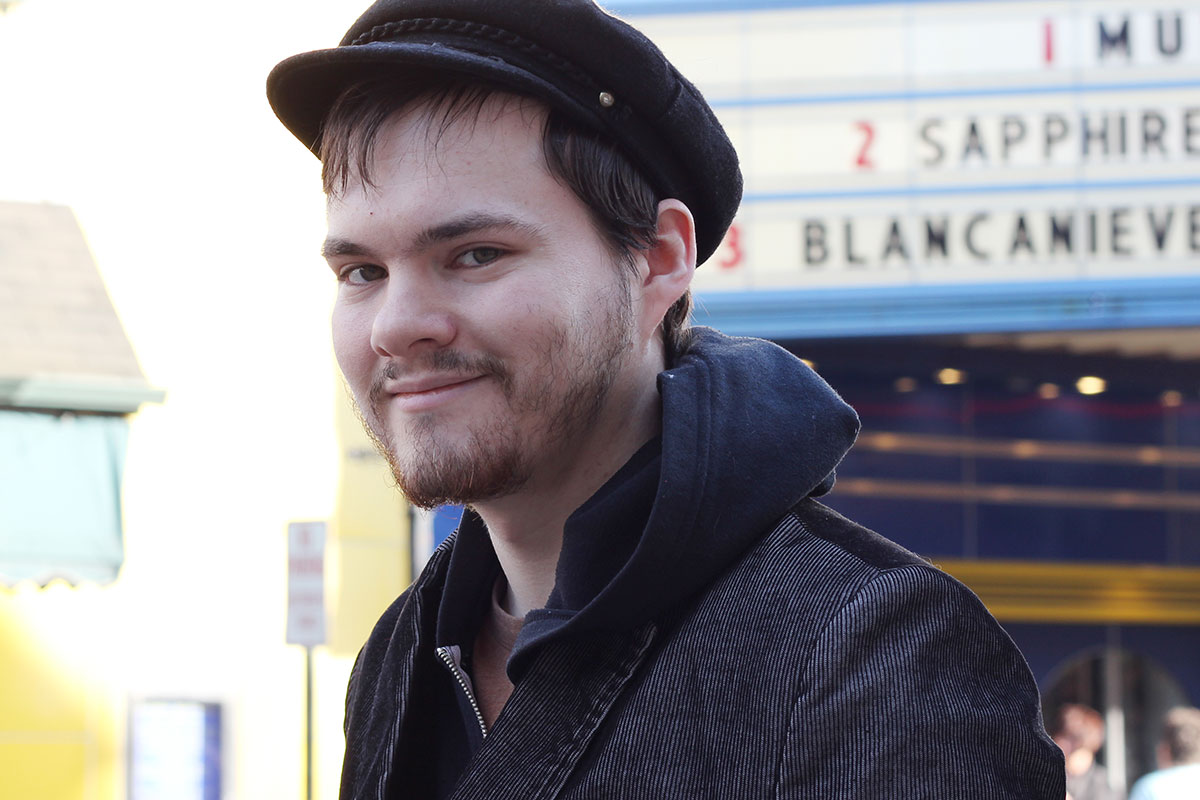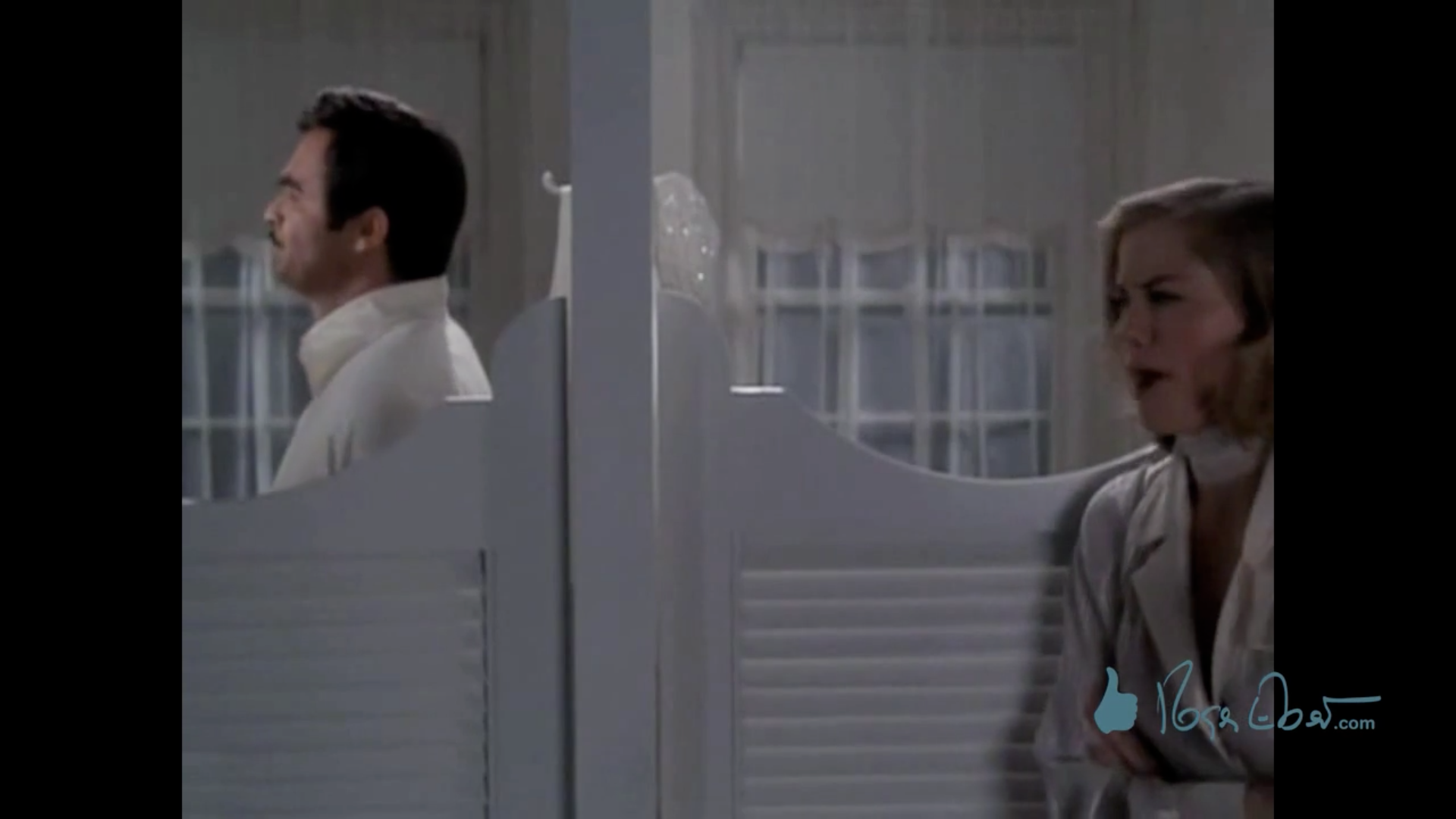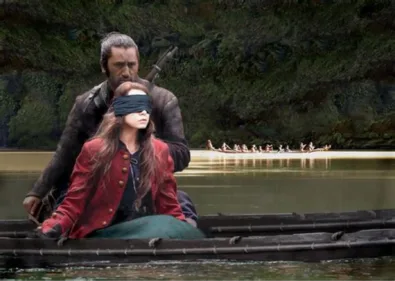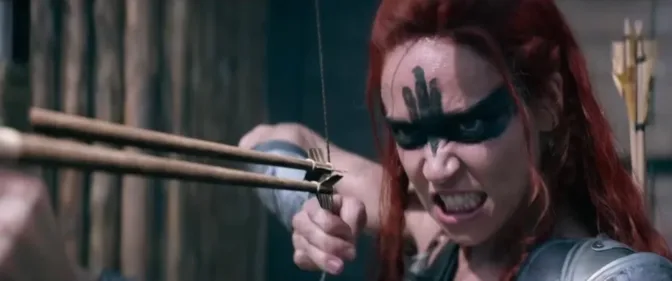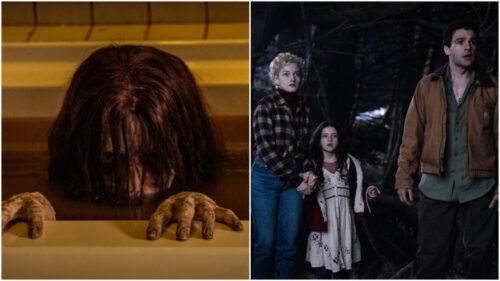Scout Tafoya’s video series “The Unloved” continues, appropriately enough (considering the title!), with “At Long Last Love.” This flop 1975 musical, which finally became available on Blu-ray, is known as the film that nearly ended director Peter Bogdanovich’s genius-who-can-do-whatever-he-wants period. The former film journalist, historian and raconteur transitioned to directing with 1968’s “Targets,” then had three early ’70s successes, “The Last Picture Show,” “What's Up, Doc?” and “Paper Moon,” before cratering with this Burt Reynolds-Cybill Shepherd-Madeline Kahn musical comedy. His cast was, to put it politely, not aces at singing and dancing, but carried on as if they were the next generation of Astaire and Rogers, performing Cole Porter’s songs on set, with microphones recording their live and in-the-moment singing, flat notes, faulty rhythm and all.
As Scout points out in his piece, the film was destroyed by pretty much every critic alive, partly because it was a featherweight concoction during a rather dour period of American cinema, but mostly because, apart from Kahn, none of the principal actors could sing on the level of the musical stars that the movie’s period details strained to evoke. There was a sense that a sacrilege had been perpetrated even though it was a mild case of chutzpah. Bogdanovich continued to make features (including 1979’s “Saint Jack,” a cult success whose reputation has grown in recent years), but he never recovered his initial career momentum. The movie’s title became a synonym for gross directorial overreaching, at least until 1979’s “Apocalypse Now” and “1941” came along. Reynolds had another ten solid years of hits in him, though he learned his lesson and never appeared in another musical (oops: “The Best Little Whorehouse in Texas“). Shepherd was partly redeemed almost ten years later when she appeared in ABC’s hit series “Moonlighting” opposite Bruce Willis, where she was called upon to banter charmingly and occasionally sing and dance.
Too bad; like Coppola, Spielberg and other filmmakers from that period, Bogdanovich was an adventurous spelunker whose sense of fun matched his ambition. He was just fooling around with a budget of several million dollars. Almost nobody is allowed to take those sorts of risks now—not at the Hollywood level anyway. The film’s most notable legacy is probably Tom Hooper’s film version of “Les Miserables,” which was likewise fused a live-on-set audio technique with go-for-broke performances by a cast that seemed to have put any thought of embarrassment out of their minds. Hooper’s film drew many of the same complaints about substandard performances, although the source material’s Broadway pedigree at least stopped critics from asking why anyone with half a brain would attempt such a ridiculous enterprise. — Matt Zoller Seitz
To read an interview with Shepherd, click here.
The Unloved – At Long Last Love from RogerEbert.com on Vimeo.
To watch more of Scout Tafoya’s video essays from his series The Unloved, click here.
